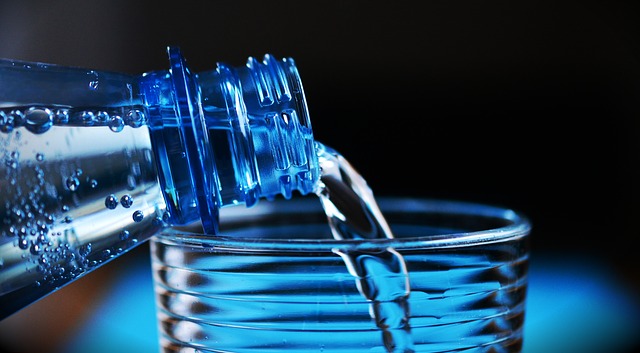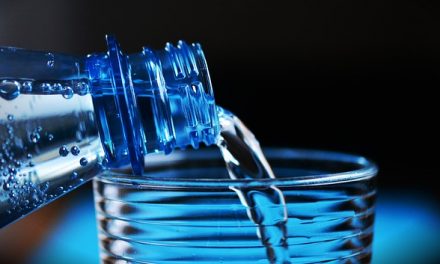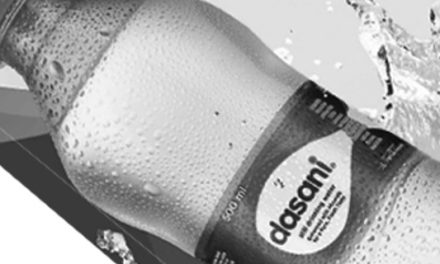Ker Water S.C. invested 90 million Br to set up a water bottling company in the Southern Nations, Nationalities & People’s regional state. The new product, branded Ethio Water, will be available in the market by the end of this month.
Located in the Cheha wereda of Gurage Zone, 146Km southwest of Addis Abeba. Ker Water, a three-year-old company, received 20,000Sqm of land as an investment and constructed the plant on a 2,700Sqm plot, which consists of warehouses, offices and the production floors. Further expansion is planned to be initiated in the next three months.
The plant has a bottling capacity of 6,000 one-litre bottles an hour and 8,000 half-litre bottles an hour. It can produce 144,000L of water a day and 36,000L an hour with the planned expansion.
Ethio Water has already received the green light to start operations from the Ethiopian Conformity Assessment Enterprise and the Food and Drug Authority.
The company will be available in the market in packages of water bottles with a capacity ranging from half a litre to two litres of water sourced from spring water.
This will make Ethio Water the 72nd water bottling company in Ethiopia, most of which are located in the Oromia Regional State. Although 3.5 billion bottles of water are produced a year, these companies are only able to satisfy five percent of consumption.
But their numbers have significantly gone up over the past couple of years, with Wub Water entering the market last October. Located in Amhara Regional State, Wub Water invested 140 million Br for a plant capacity of 10,000 bottles an hour.
Azemi Engineering constructed the facilities, which took two years to complete, and the machinery was imported from Turkey at a cost of nearly 30 million Birr.
“Our major challenge was securing foreign currency to import the machinery,” Yohannes Sehale, one of the nine shareholders and board chairman of Ker Water, the holding company, said. “Nonetheless, we are still planning to go forward with an expansion of the plant.”
Ethio Water will not be the only bottled water in the Gurage Zone. Fiker, Eden and Wow waters are produced there, while Nebur, Mountain, Gerare and Xerer are in the pipeline.
“There are many investment activities in our zone, and we try to provide the necessary support to investors,” Feleke Abate, head of the Gurage Zone Investment Expansion, said.
Such investments are good for the country as they open new job opportunities and help stimulate the economy, according to Negussie Semmie (PhD), a university lecturer at Addis Abeba University with over one and a half decades of experience in water development and economics.
“The government should support and give incentives to private investors,” Negussie said.
Despite the flourishing of the water bottling market, the nation still lags behind Kenya in market saturation, which has less than half the population size of Ethiopia but almost 10 times as many water bottling companies.
AddisFortune




